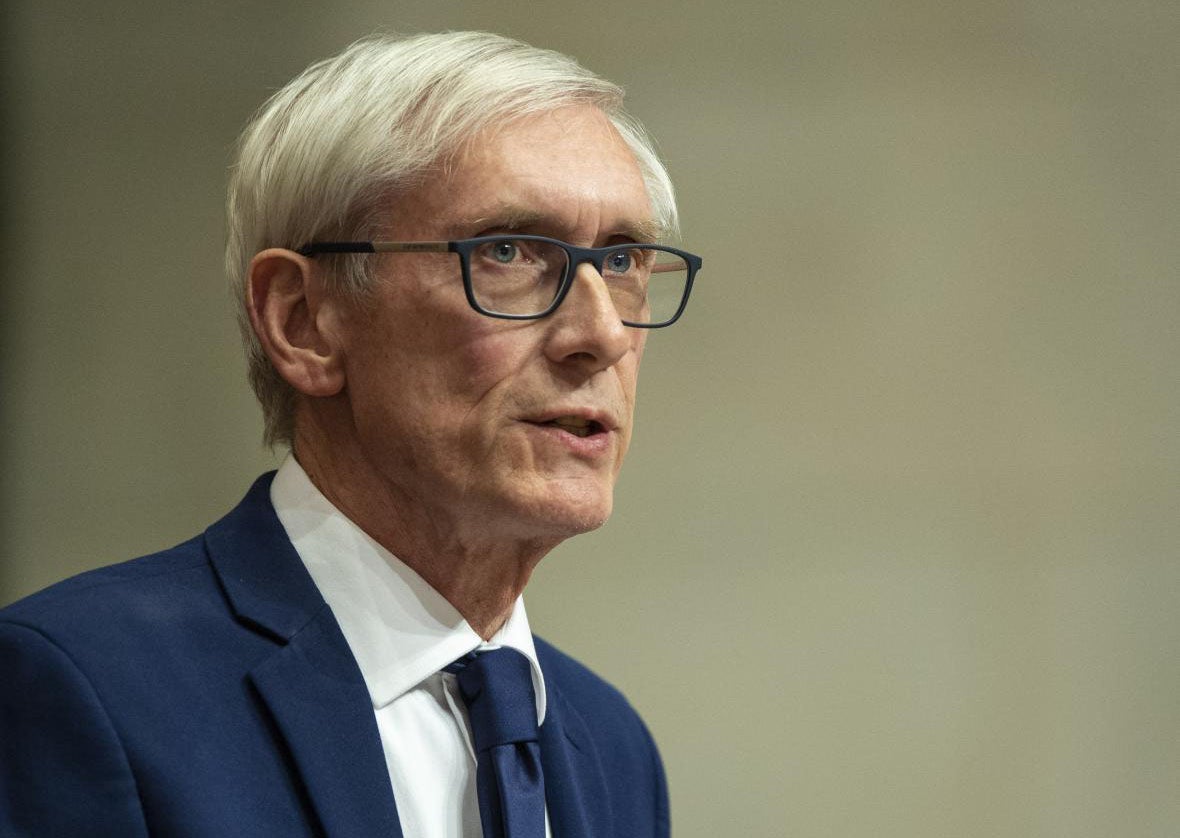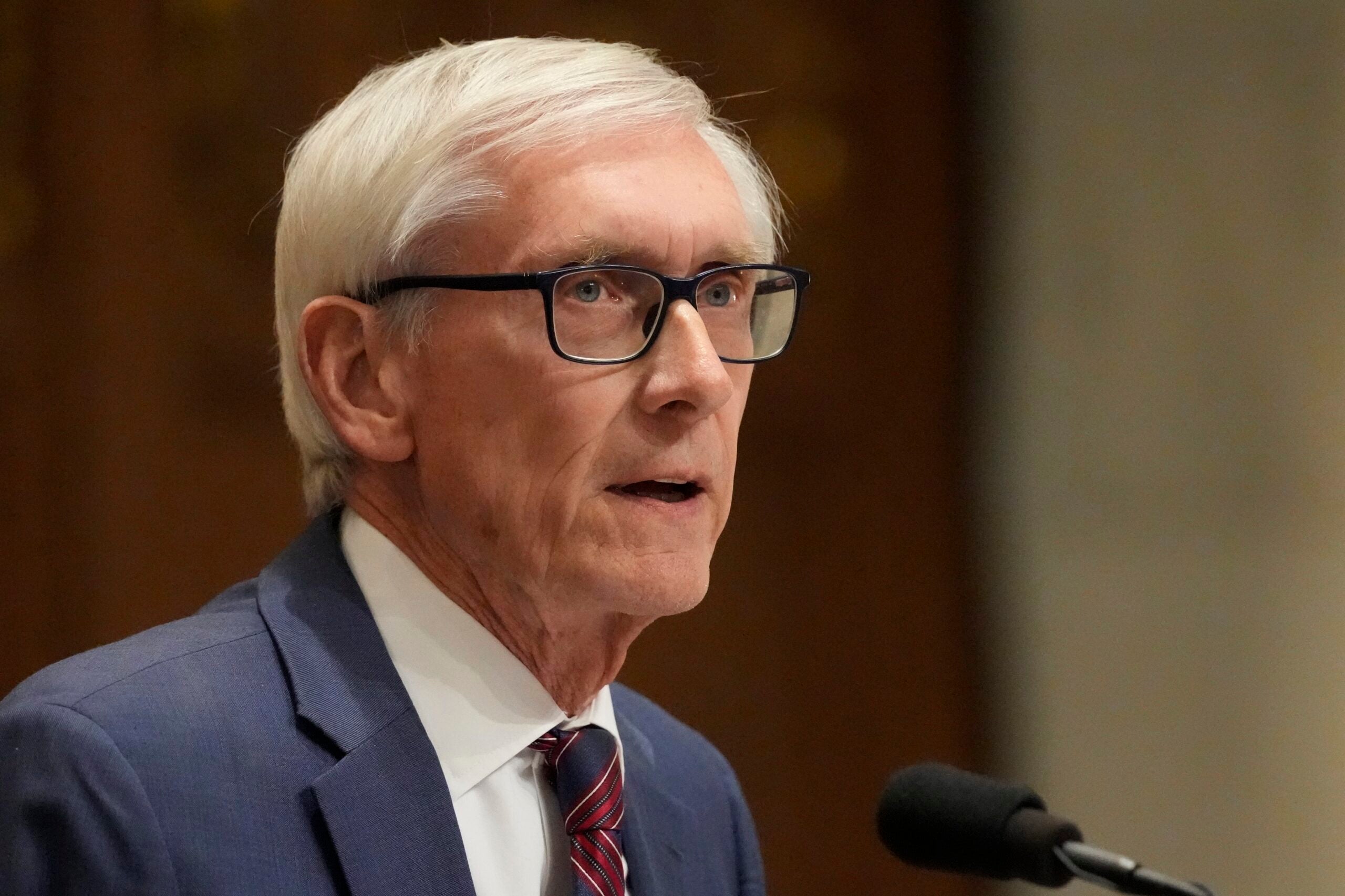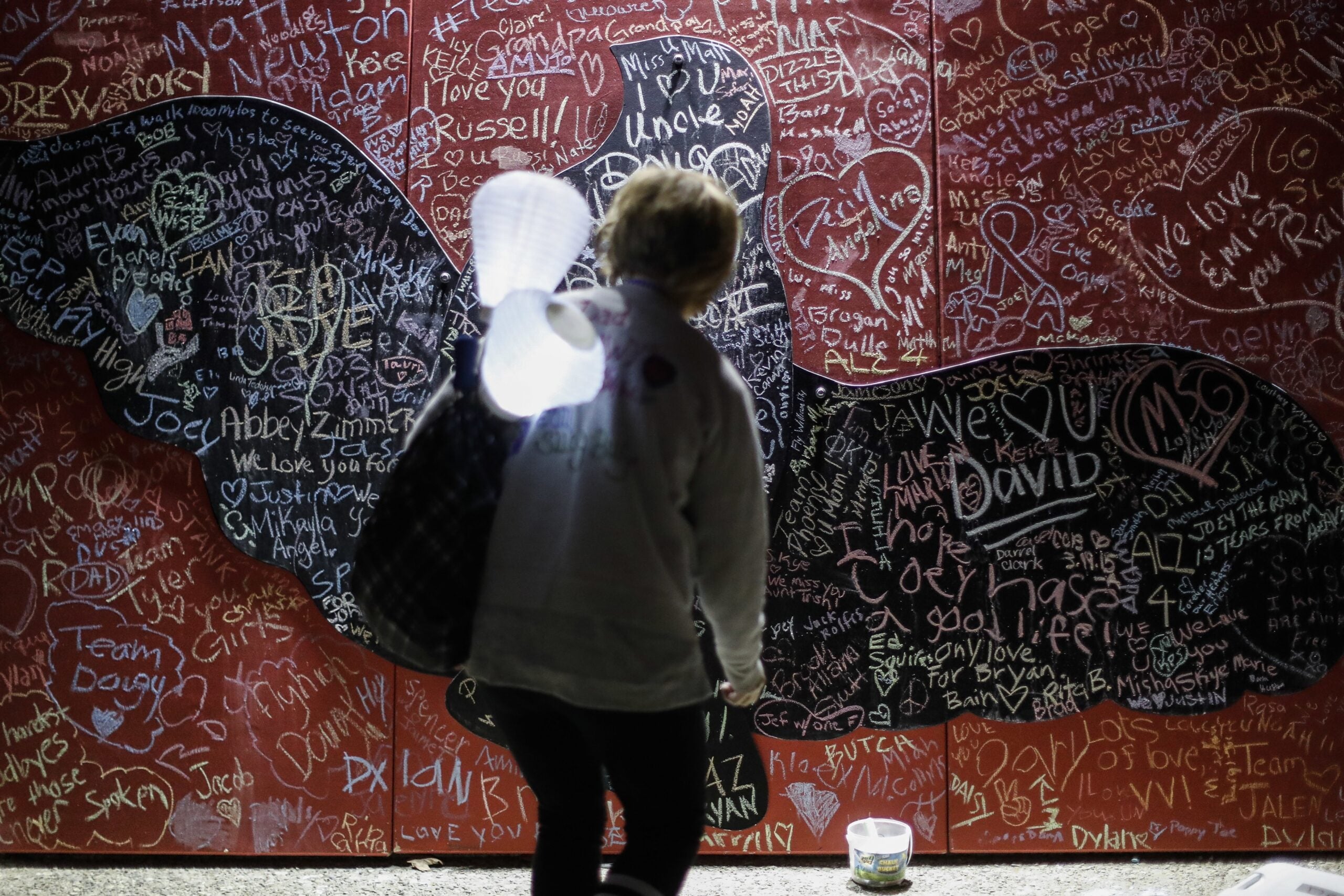Gov. Tony Evers may call another special session of the state Legislature to address gun violence in Wisconsin in the wake of a very short, unproductive session earlier this month.
On Nov. 7, GOP lawmakers who control the Legislature bypassed the governor’s request to discuss two gun-related proposals in a special session. Instead, Republicans convened and adjourned Evers’ special session in less than a minute, with no debate and no votes.
But Evers told reporters Monday he is considering calling lawmakers back to address state gun laws.
News with a little more humanity
WPR’s “Wisconsin Today” newsletter keeps you connected to the state you love without feeling overwhelmed. No paywall. No agenda. No corporate filter.
“There’s no immediate plans, but I maintain the option of doing that in the future,” Evers said. “Certainly, we’re disappointed in — I can’t even say it was a result — the lack of interest in taking on this issue.”
The governor had called on lawmakers to take up an expansion of background checks and a so-called “red flag” law, which would allow gun rights to be temporarily revoked from individuals who are deemed by a court to be potentially harmful to themselves or others.
Republicans have argued the bills violate Second Amendment and due process rights. They declined to advance other gun-related proposals during the special session as well, though Assembly Speaker Robin Vos, R-Rochester, argued the Assembly’s work on suicide prevention and attempted veto overrides related to mental health funding would address the root cause of gun violence.
The governor has cited strong public support for both expanding background checks and the red-flag proposal. According to recent polls from Marquette University Law School, both measures have at least 80 percent approval from Wisconsin residents.
Wisconsin Public Radio, © Copyright 2025, Board of Regents of the University of Wisconsin System and Wisconsin Educational Communications Board.







